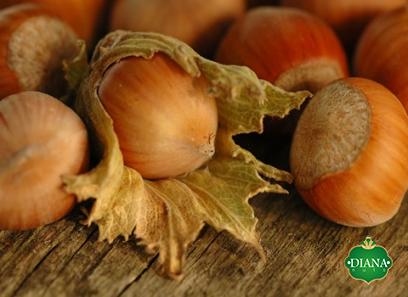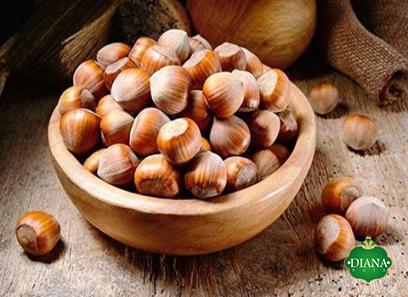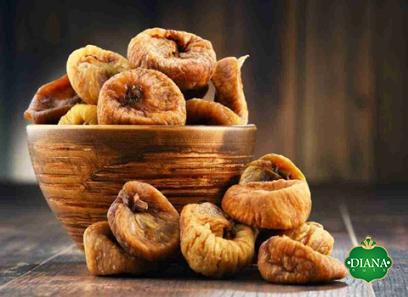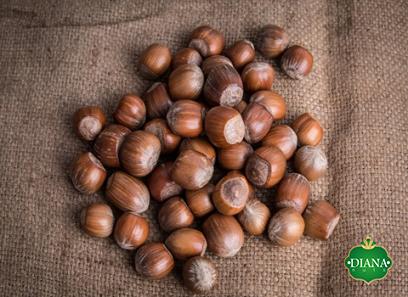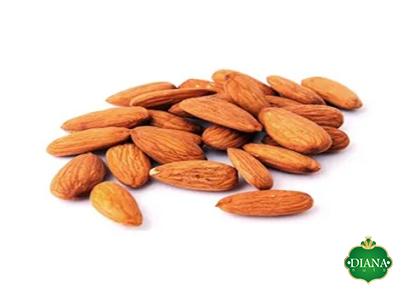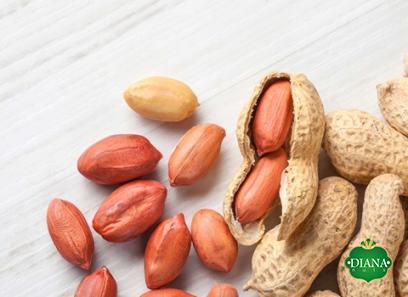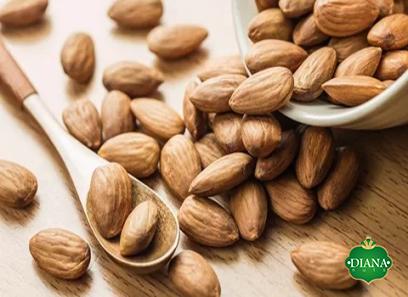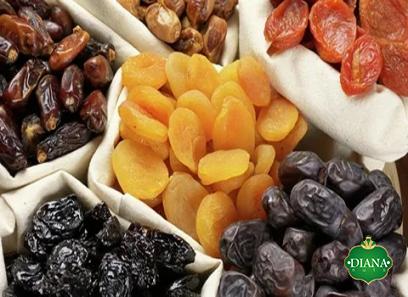Pumpkin seeds, also known as pepitas, are the edible seeds of the pumpkin fruit. They have been part of culinary traditions for centuries and are known for their nutritional value and delicious taste. This article explores the health benefits of pumpkin seeds and highlights the various ways they can be incorporated into your daily diet.
Section 1: Nutritional Profile of Pumpkin Seeds
– Pumpkin seeds are a rich source of essential nutrients, including protein, fiber, healthy fats, vitamins (such as vitamin E, vitamin K, and some B vitamins), and minerals (such as magnesium, zinc, iron, and potassium).
– They also contain antioxidants, phytosterols, and various beneficial plant compounds.
– The diverse nutrient composition of pumpkin seeds contributes to their many health benefits.
Section 2: Health Benefits of Pumpkin Seeds
– Improved heart health: Pumpkin seeds are rich in healthy fats, antioxidants, and fibers, all of which have been linked to a reduced risk of heart disease. They can help lower blood pressure and cholesterol levels and improve overall cardiovascular health.
– Enhanced immune function: The zinc content in pumpkin seeds plays a crucial role in maintaining a strong immune system. Zinc deficiency can weaken the immune response, making individuals more susceptible to infections. Consuming pumpkin seeds can help ensure an adequate zinc intake.
– Potential cancer prevention: The antioxidants present in pumpkin seeds, such as vitamin E, can help neutralize harmful free radicals in the body, reducing the risk of chronic diseases, including certain types of cancer. Additionally, the high fiber content in pumpkin seeds may help reduce the risk of colon cancer.
– Improved prostate health: Pumpkin seeds have long been associated with promoting prostate health. They contain high levels of zinc, which plays a role in maintaining prostate health and preventing prostate enlargement. Research suggests that pumpkin seed consumption may help reduce the risk of prostate cancer.
– Anti-inflammatory properties: The presence of antioxidants and various other compounds in pumpkin seeds exhibits potent anti-inflammatory effects. These properties can help alleviate symptoms of inflammation-related conditions, such as arthritis.
Section 3: Culinary Uses of Pumpkin Seeds
– Roasted and salted: One of the most popular ways to enjoy pumpkin seeds is by roasting them. Roasted pumpkin seeds make a delicious and healthy snack. They can be seasoned with various spices, such as salt, pepper, cayenne, or cinnamon, to suit different taste preferences.
– Trail mix and granola: Pumpkin seeds can enhance the texture and nutritional value of trail mixes, granola bars, and cereals. They add a crunchy element and a boost of nutrients.
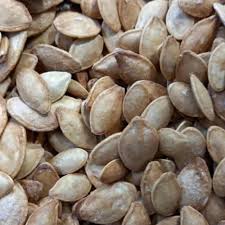
– Baking and cooking: Pumpkin seeds can be incorporated into a wide range of baked goods, such as bread, muffins, cookies, and cakes. They can also be added to savory dishes like salads, soups, stir-fries, and roasted vegetables for extra flavor and nutritional benefits.
– Homemade pesto: Pumpkin seeds can be used as a substitute or addition to pine nuts in traditional pesto recipes, adding a unique nutty flavor and richness. Pumpkin seed pesto can be used as a topping for pasta dishes, sandwiches, or as a dip.
Section 4: Other Uses of Pumpkin Seeds
– Pumpkin seed oil: Pumpkin seeds can be cold-pressed to extract oil, which has a rich nutty flavor. Pumpkin seed oil is commonly used in dressings, marinades, and dips, adding a distinct taste and aroma to dishes.
– Medicinal purposes: Pumpkin seed extract and oil have been used in traditional medicine to treat certain health conditions, such as urinary and prostate disorders.
Conclusion:
Pumpkin seeds are not only delicious but also offer an array of health benefits. Whether enjoyed as a snack, added to various dishes, or used in oil form, these seeds provide essential nutrients, promote heart health, boost the immune system, and offer potential cancer-fighting properties. Including pumpkin seeds as part of a balanced diet can be a simple and tasty way to improve overall health and well-being.Section 1: The Growing Market for Pumpkin Seeds
The market for pumpkin seeds has been steadily growing in recent years, driven by increasing consumer awareness of their health benefits and growing demand for plant-based snacks and ingredients. The global pumpkin seed market is expected to witness significant growth, with a compound annual growth rate (CAGR) of over 12% from 2020 to 2027.
1. Rising Health Consciousness:
Consumers today are more health-conscious than ever before. They prioritize nutritious and natural food options, and pumpkin seeds fit well into this trend. The nutritional profile, including high protein, fiber, and mineral content, makes pumpkin seeds an attractive choice for health-conscious individuals.
2. Plant-Based Diet Trend:
The popularity of plant-based diets and vegetarian/vegan lifestyles has also contributed to the increased demand for pumpkin seeds. With their rich nutrient profile and versatility in various recipes, pumpkin seeds are a valuable addition to a plant-based diet.
3. Snack Market Growth:
Pumpkin seeds are increasingly becoming a popular snack alternative due to their health benefits and satisfying crunch. They offer a nutritious option for those looking to replace traditional, less healthy snacks like chips or candy bars. The convenience factor, as well as the availability of flavored and seasoned pumpkin seeds, further adds to their appeal.
Section 2: Key Players and Market Insights
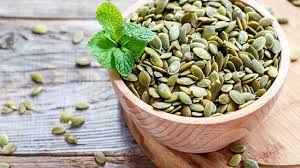
The global market for pumpkin seeds is characterized by the presence of several key players who are actively engaged in product development, marketing, and distribution. Some notable companies in the market include:
1. Bob’s Red Mill Natural Foods:
Bob’s Red Mill is a renowned brand offering a wide range of natural and organic foods. Their pumpkin seeds are known for their quality and freshness. The company maintains sustainability practices, which resonate with environmentally conscious consumers.
2. Eden Foods:
Eden Foods specializes in organic and traditional Japanese foods. They offer a variety of pumpkin seed products, including raw, roasted, and spiced options. Their commitment to organic and non-GMO ingredients has attracted health-conscious consumers.
3. NOW Foods:
NOW Foods is a well-established brand that offers a diverse range of health and wellness products. Their pumpkin seed products are sourced from high-quality ingredients and cater to various dietary preferences, including gluten-free and vegan options.
4. Nature’s Harvest:
Nature’s Harvest is a leading producer and distributor of pumpkin seeds. They offer a wide range of flavors and packaging options, catering to both retail and wholesale customers. Their commitment to food safety and quality control has helped them establish a strong presence in the market.
Section 3: The Innovations and Trends in Pumpkin Seed Products
To cater to the growing demand and changing consumer preferences, manufacturers are continuously innovating and introducing new pumpkin seed products. Some notable innovations and trends include:
1. Flavored Pumpkin Seeds:
In recent years, flavored pumpkin seeds have gained popularity, offering consumers a wide range of taste options. Flavors like sea salt, barbecue, spicy ranch, and cinnamon sugar are commonly seen in the market. These variations provide a unique snacking experience and broaden the appeal of pumpkin seeds.
2. Organic and Non-GMO Options:
Consumers are increasingly seeking organic and non-genetically modified organism (GMO) products. Many pumpkin seed manufacturers are responding to this trend by offering organic and non-GMO verified options. This ensures that the seeds are produced without the use of pesticides or genetic modification, appealing to health-conscious and environmentally conscious consumers.
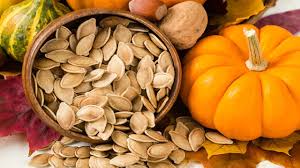
3. Snack Mixes and Trail Mixes:
Pumpkin seeds are being incorporated into snack mixes and trail mixes, combining them with other nuts, dried fruits, and even chocolates. These mixes offer a convenient and balanced snack option, ideal for on-the-go consumers.
4. Artisanal Production:
Some smaller scale producers and local businesses are focusing on artisanal production methods to highlight the unique flavors and textures of pumpkin seeds. These small-batch offerings appeal to consumers who appreciate quality, craftsmanship, and supporting local businesses.
Section 4: Market Challenges and Opportunities
While the market for pumpkin seeds is growing, there are several challenges and opportunities that businesses in this sector need to navigate:
1. Supply Chain and Sourcing:
Ensuring a consistent supply of high-quality pumpkin seeds can be challenging. Businesses need to establish reliable sourcing channels and develop partnerships with farmers and suppliers to maintain product quality and meet consumer demand.
2. Competition and Differentiation:
The increasing popularity of pumpkin seeds has led to a more competitive market. To stand out, businesses must differentiate their products through unique flavors, innovative packaging, sustainable sourcing practices, and transparent labeling.
3. Expansion into New Markets:
As the demand for pumpkin seeds continues to increase, businesses have an opportunity to expand into new markets. This could involve targeting emerging markets or exploring new distribution channels such as e-commerce or health food stores.
4. Education and Consumer Awareness:
There is still a need for education and consumer awareness regarding the health benefits and culinary uses of pumpkin seeds. Businesses can take advantage of this by implementing marketing campaigns, partnerships with influencers or dietitians, and providing informative content to educate potential consumers.
Conclusion:
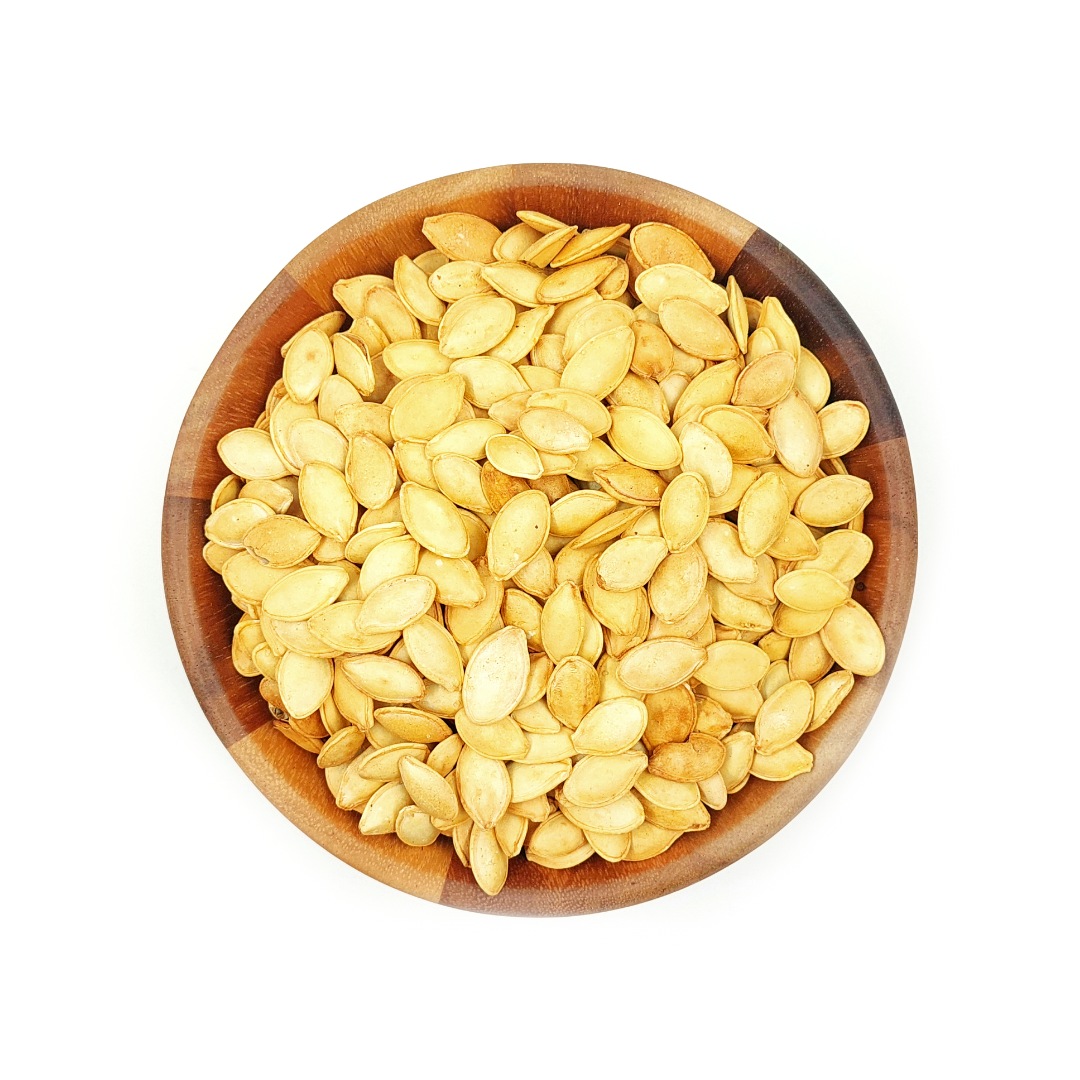
The market for pumpkin seeds is experiencing significant growth, driven by increasing consumer demand for healthy snacks and ingredients. The health benefits of pumpkin seeds, combined with their versatility in various culinary applications, make them an attractive choice for consumers. To thrive in this expanding market, businesses must stay innovative, differentiate their products, maintain product quality, and educate consumers about the nutritional value of pumpkin seeds.

